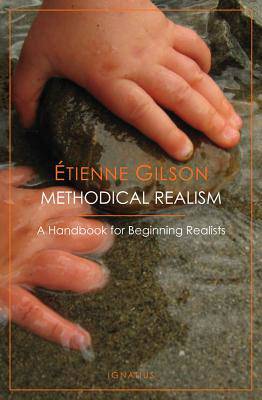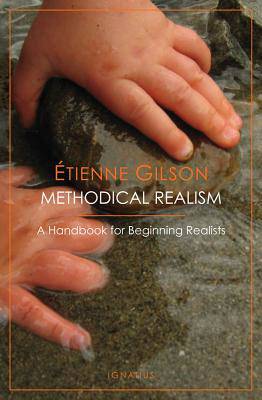
- Retrait gratuit dans votre magasin Club
- 7.000.000 titres dans notre catalogue
- Payer en toute sécurité
- Toujours un magasin près de chez vous
- Retrait gratuit dans votre magasin Club
- 7.000.000 titres dans notre catalogue
- Payer en toute sécurité
- Toujours un magasin près de chez vous
Description
Gilson shows how the common-sense notion of realism, though denied by many thinkers, is indispensible for a correct understanding of things -- of what is and how we know what is. He shows the flaws of idealism and he critiques efforts to introduce elements of idealism into realist philosophy ("immediate realism"). At the same time, the author criticizes failures of certain realist philosophers -- including Aristotle -- to be consistent in their own principles and to begin from sound starting points. To these problems, Gilson traces medieval philosophy's failure in the realm of science, which led early modern scientific thinkers of the 17th century unnecessarily to reject even the best of medieval scholastic philosophy.
He concludes with "The Realist Beginner's Handbook", a summary of key points for thinking clearly about reality and about the knowledge of it.
Spécifications
Parties prenantes
- Auteur(s) :
- Editeur:
Contenu
- Nombre de pages :
- 112
- Langue:
- Anglais
Caractéristiques
- EAN:
- 9781586173043
- Date de parution :
- 07-10-11
- Format:
- Livre broché
- Format numérique:
- Trade paperback (VS)
- Dimensions :
- 132 mm x 201 mm
- Poids :
- 181 g







